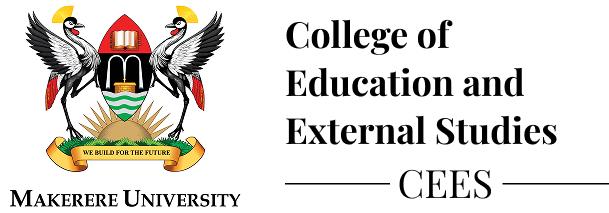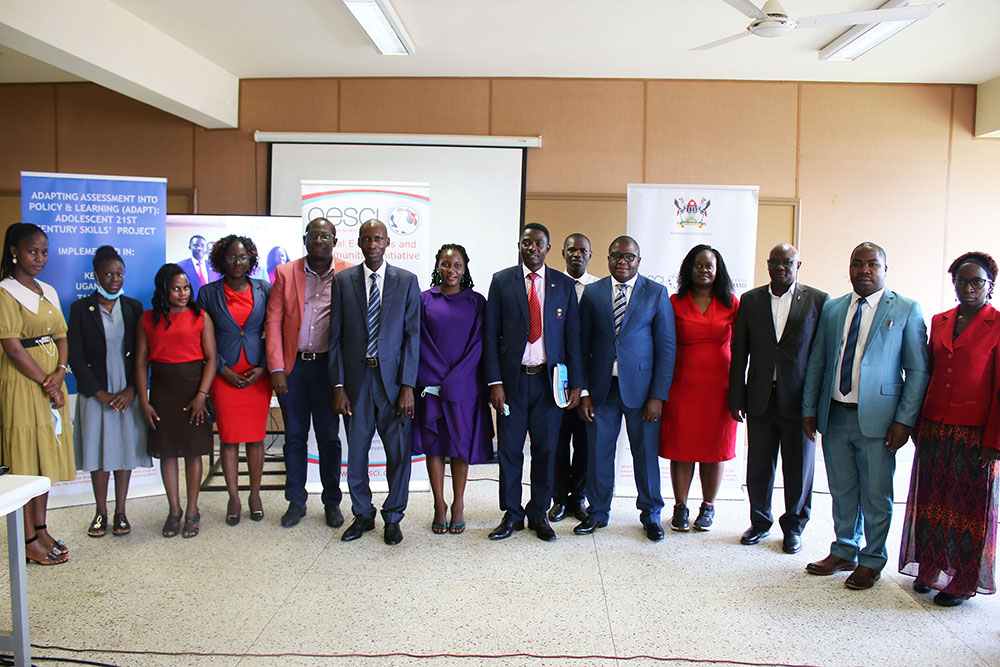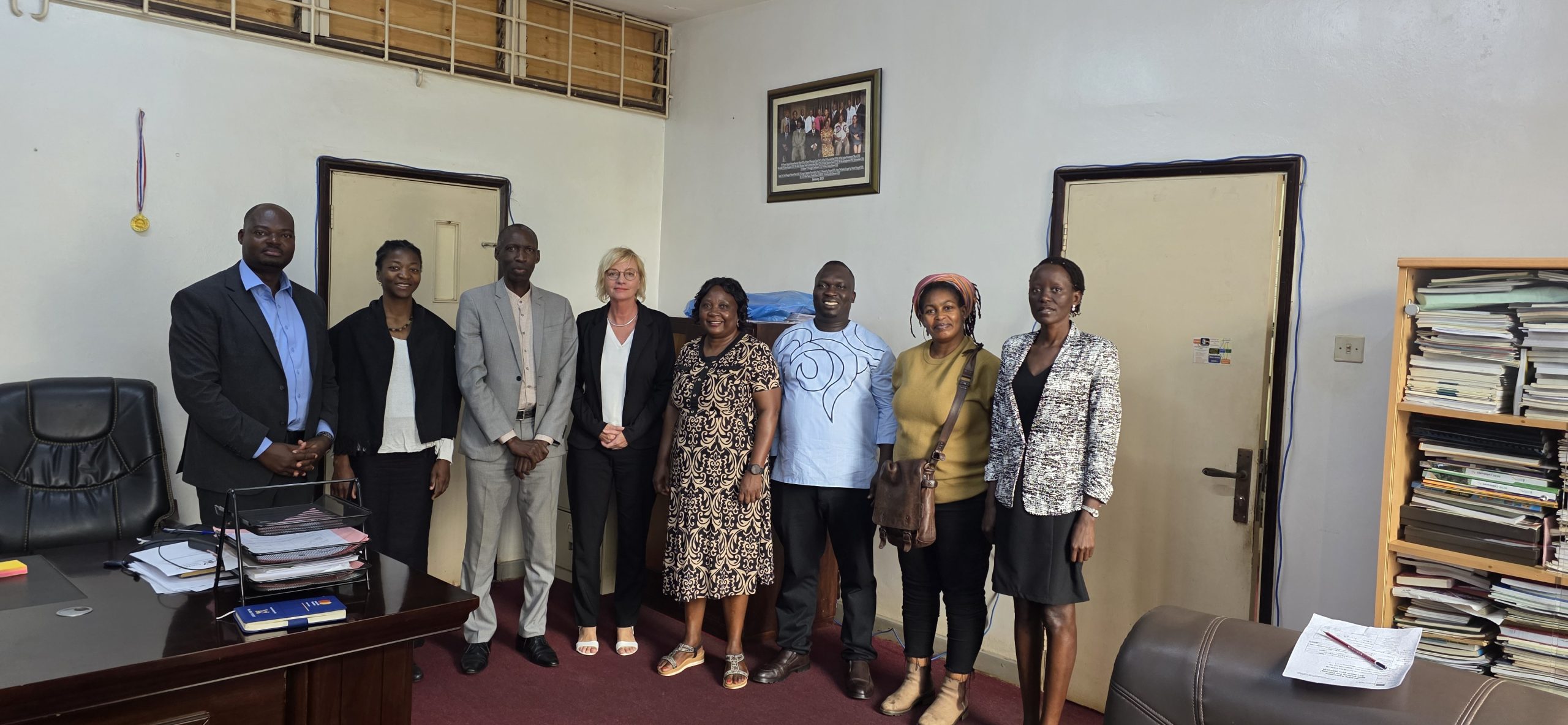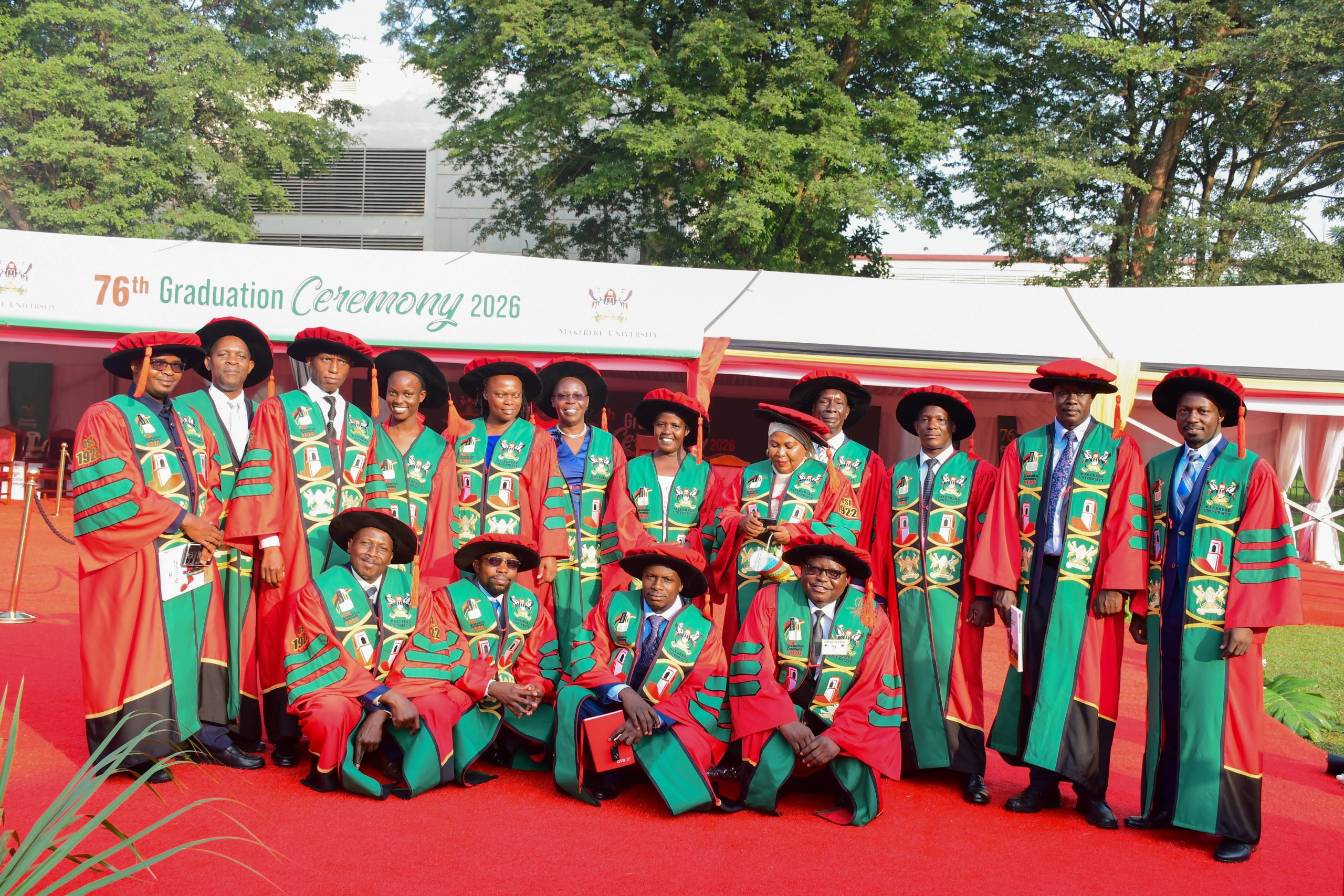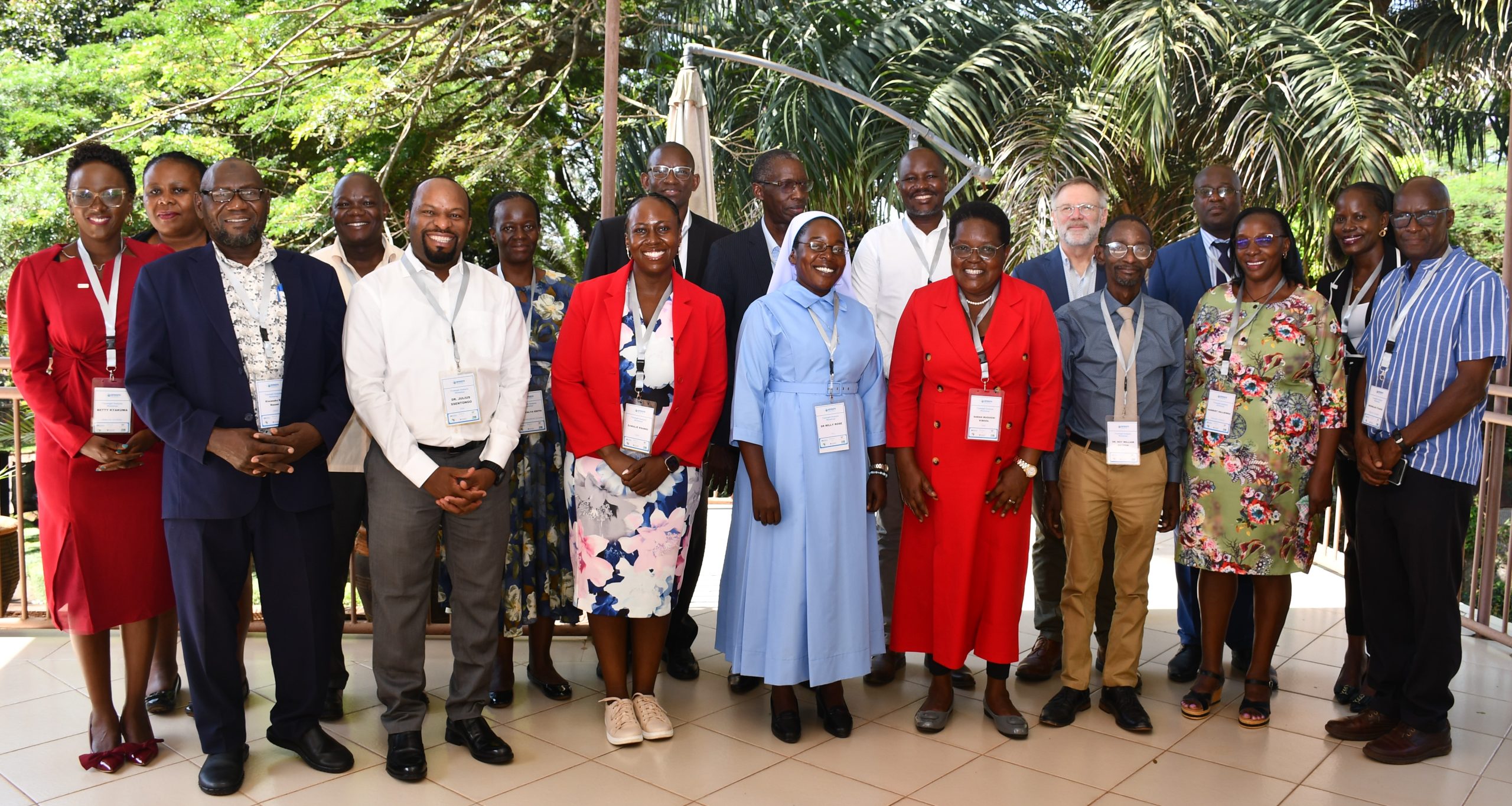The government has been called upon to integrate the 21st century skills into the curriculum and assessment of learners at all levels of education. The call was made during the launch of the “Adapting assessment into policy and learning (ADAPT); Adolescent 21st Century skills Project on Feb. 17, 2022 at Makerere University.
The Principal of CEES and also principal Investigator, Makerere University, Prof. Anthony Muwagga Mugagga said learners should be able to identify and solve problems, be critical and should be able to use new technologies to innovate solutions to society challenges. Prof. Mugagga said assessment has been challenging to teachers, parents and the children. To this end, the project, he said will see how assessment can be blended with the 21st century skills.
This mode of assessment was welcomed by Mr George Mutekanga, the Commissioner for Private School, who represented the Permanent Secretary at the launch of the project.
Mr Mutekanga said “A child should be assessed based on competence, critical thinking, communication skills, creativity and Innovation.”
He said it is important to ask what one can do rather than how many academic papers they have. Skills like communication, critical thinking, creativity, decision making are important in the development of learners. He called on the researchers to engage all the relevant education agencies such as UNEB, UBTEB, Nurses Council and other examining bodies.
There is a growing need for a strategic and explicit focus on contextually appropriate 21st century skills within education programs and school curriculum that draws from the lives of the young people. To this end, a team of researchers from Uganda, Kenya and Tanzania have set out to carry out research on “Adapting assessment into policy and learning (ADAPT)”
While giving the rational for the project, Mr Samuel Otieno, from the Global e-schools and Communities Initiative, one of the research partners said there is limited evidence on how to incorporate 21st century skills in sub-Saharan Africa. There is also confusion on how to measure them and define them as well as the inadequate capacity of teachers, civil society and ministry officials to effectively and reliably use the available assessment data to make evidence based decisions.
Mr Otieno called on the public to get engaged in the project by sharing their experiences in utilization of learning assessments.
Dr. David Kabugo, the Director for Centre for Teaching and Learning Support called on the government to ensure access to education for all children. He said children in the rural areas do not have access to pre-primary education, while the schools in the urban areas are expensive. “School fees rates are high and learners are taught by unskilled teachers. Government should ensure that each primary school has a nursery class because this stage is critical in the learning outcomes of children,” Dr. Kabugo said.
The participants also discussed whether the current education system fits its purpose. Dr. Mary Goretti Nakabugo of Uwezo shared her research finding which revealed that the education system does not met its purpose because it disadvantages many learners. She shared that the pandemic has greatly affected learners with many being unable to read English even at the age of 10 years. Research shows that 74% of children aged 10 years have been set-back by 2 years. She also observed that because the curriculum is ahead of the children, many are left behind and there are low literacy competences across the country.
The research showed that even at graduate level, students lack employable skills, technical stills, communication skills, writing skill while the teachers also have no mastery of the curriculum.
The ADAPT project seeks to build capacity of a dynamic learning community to integrate and assess 21st century skills and support utilization of learning assessment at the school and national levels. The project also intends to mobilise policy uptake on the utilization of learning assessments in the education plans, curriculum frameworks and teacher development.
The project will be implemented by a consortium of institutions which include the Global e-schools and Communities Initiative (GESCI), Makerere University College of Education and External Studies and the University of Notre Dame’s Global Centre for Development of the Whole Child.
Story by Betty Kyakuwa
